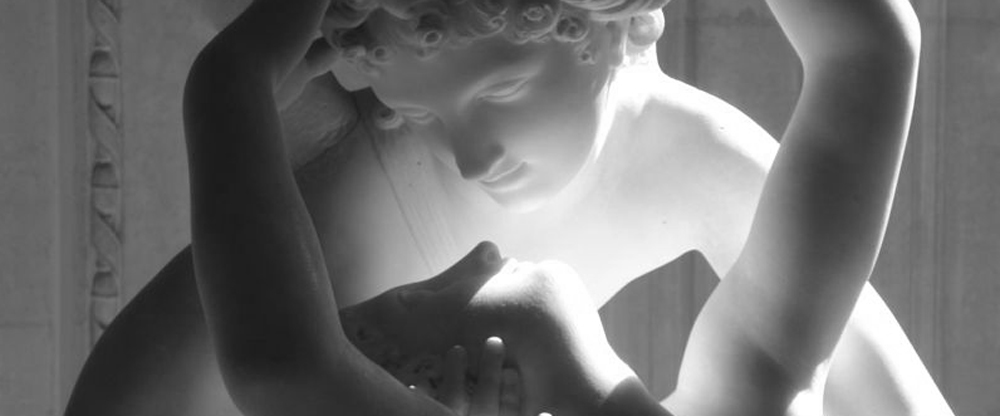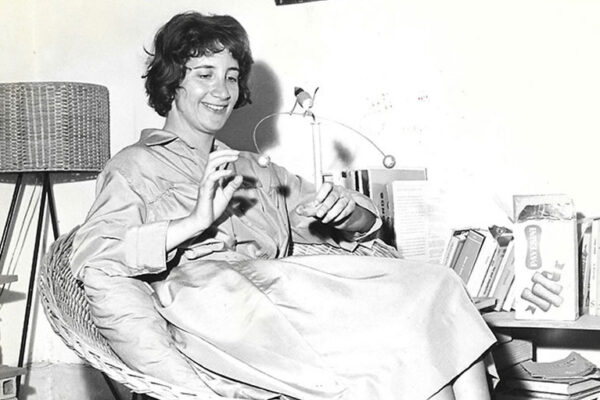Leone Ebreo, Translator: Damian Bacich and Rossella Pescatori, Leone Ebreo: Dialogues of Love, University of Toronto Press, 2009
Leone Ebreo (Judah Abrabanel)
Judah Abrabanel (ca. 1465–after 1521), also known as Leone Ebreo, is an important transitional figure in the history of Jewish philosophy. Common to any transitional figure, however, is the problem of contextualization. In the case of Judah Abrabanel, do we regard him as the last of the medieval Jewish philosophers or the first of the early modern ones? His work, for example, is certainly in conversation with a number of themes found in Renaissance Platonism and Humanism. Yet at the same time he freely draws upon the cosmology and metaphysics of his Jewish and Islamic predecessors. Abrabanel’s magnum opus, the Dialoghi d’amore (“Dialogues of Love”) belongs to the genre of the trattato d’amore (“treatise on love”) that was intimately connected to both the Renaissance and the development of the Italian vernacular. Although Abrabanel’s dialogue provides one of the genre’s most important philosophical discussions in this, it nonetheless is confined to its literary and stylized form. The work itself consists of three dialogues, with the third one providing the longest and most sustained philosophical discussion. Some contend that Abrabanel originally composed an introduction to the work and a fourth dialogue, neither of which survives.[1] In essence, the Dialoghi offers the transcript of a conversation between two individuals, Philo and Sophia, two courtiers, who discourse on the nature of love as both a sensual and cosmic principle. Philo, the male character, is portrayed as an accomplished philosopher, and Sophia, the female character, as a student of philosophy. Despite this, Sophia is not just a convenient textual strategy, but becomes a character in her own right, someone who significantly contributes to the philosophical unfolding of the work. Moreover, many of the dialogic exchanges that take place between Philo and Sophia are very playful, with Philo, on one level, either answering Sophia’s questions about love or responding to her criticisms; yet, on another level, he physically desires Sophia and wishes to consummate this desire. Philo’s desire for Sophia, thus, reflects the same desire of God (the superior) for the world (the inferior). As a Renaissance artist, then, Abrabanel cleverly and artfully weaves the philosophical principles of love, beauty, and desire into the very literary structure of his Dialoghi.
Translators
Damian Bacich is an assistant professor of Spanish Language and Literature in the Foreign Languages Department at San José State University. Rossella Pescatori is an instructor in the Department of Italian at El Camino College.
More about Leone Ebreo from the Stanford Encyclopedia of Philosophy
First published in Rome in 1535,Leone Ebreo’s Dialogues of Love is one of the most important texts of the European Renaissance. Well known in the Italian academies of the sixteenth century, its popularity quickly spread throughout Europe, with numerous reprints and translations into French, Latin Spanish, and Hebrew. It attracted a diverse audience that included noblemen, courtesans, artists, poets, intellectuals, and philosophers. More than just a bestseller, the work exerted a deep influence over the centuries on figures as diverse as Giordano Bruno, John Donne, Miguelde Cervantes, and Baruch Spinoza.
Leone’s Dialogues consists of three conversations – ‘On Love and Desire,’ ‘On the Universality of Love,’ and ‘On the Origin of Love’ – that take place over a period of three subsequent days. They are organized in a dialogic format, much like a theatrical representation,of a conversation between a man, Philo, who plays the role of the lover and teacher, and a woman, Sophia, the beloved and pupil. The discussion covers a wide range of topics that have as their common denominator the idea of Love. Through the dialogue, the author explores many different points of view and complex philosophical ideas. Grounded in a distinctly Jewish tradition, and drawing on Neoplatonic philosophical structures and Arabic sources, the work offers a useful compendium of classical and contemporary thought, yet was not incompatible with Christian doctrine.
Despite the unfinished state and somewhat controversial, enigmatic nature of Ebreo’s famous text, it remains one of the most significant and influential works in the history of Western thought. This new, expertly translated and annotated English edition takes into account the latest scholarship and provides an invaluable resource for today’s readers.









